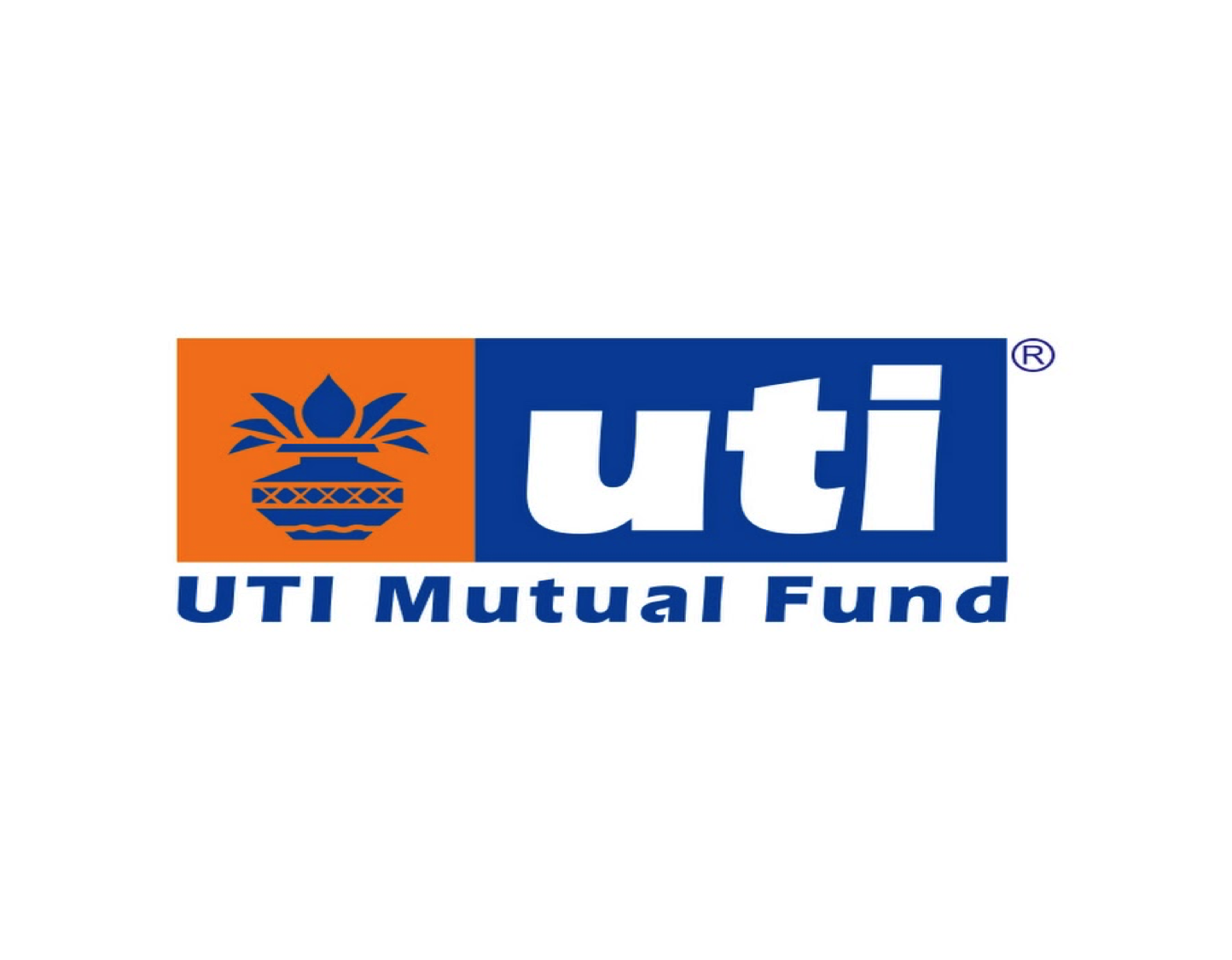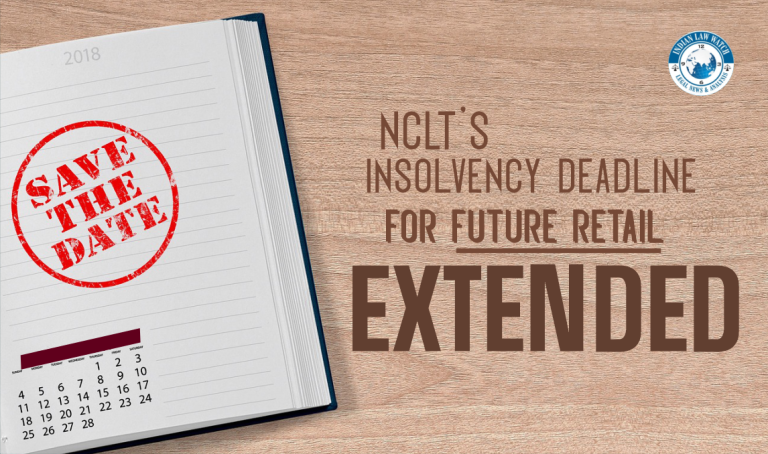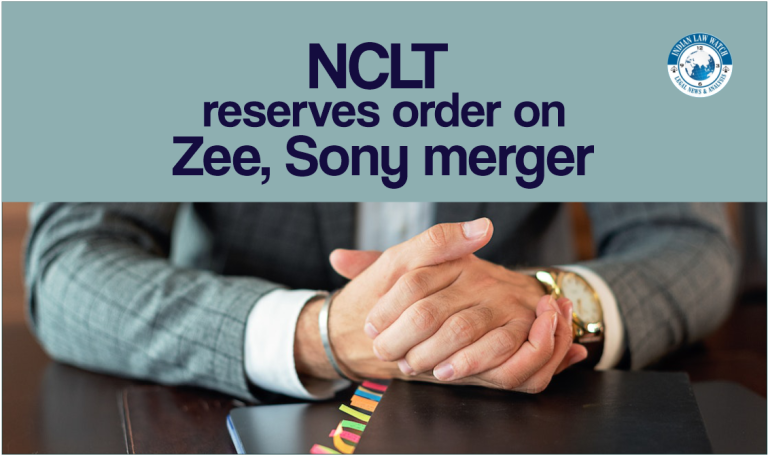UTI AMC stake: SBI, LIC, BoB move SC against SAT order

POINTERS OF DEVELOPMENT
SAT and SEBI in Sync over UTI AMC stake reduction
Three state-owned financial-sector entities — State Bank of India, Life Insurance Corporation of India and Bank of Baroda — on Friday moved the Supreme Court against the Securities Appellate Tribunal (SAT) order that partly upheld Sebi’s decision to penalise them for failing to reduce their stakes in UTI Asset Management Company (AMC). SAT, in its January 7 judgment, did not find any justifiable reason to impose any monetary penalty in the matter but substituted the monetary penalty of `10 lakh with that of a “warning”.
No action post warning
According to SEBI norms, a ‘sponsor’ of a mutual fund, its associates, or a group company, cannot have 10 per cent or more shareholding or voting rights in ‘another asset management company (UTI) or an MF trustee. All three entities are sponsors of leading MFs but also held a large stake in UTI AMC for several years. The SEBI had given them time till March 2019 to bring down their stake in UTI AMC but they could not comply with the deadline, following which SEBI issued an order last year.
Sebi had in August last year fined SBI, LIC and BoB of Rs 10 lakh each for failing to reduce their stakes to below 10% in UTI AMC within the stipulated timeline. All three entities were required to bring down their stake in UTI AMC to 10% each by March 2019 from the existing 18.24%, as per the Sebi’s cross-holding norms for mutual funds. LIC, SBI and BoB were the sponsors of LIC MF, SBI MF and Baroda MF, but were also held over 18% stake in both UTI MF and UTI Trustee Company.
Under Section 7B of the Sebi (Mutual Funds) (Amendment) Regulation, 2018, the market regulator mandated all mutual funds to comply with the norms by March 2019.
The Defence advanced
The three entities in their respective appeals in the SC stated that the SAT while setting aside the penalty had substituted the same with a “warning” by upholding the Sebi’s finding of violation of Regulation 7B of the Sebi (Mutual Funds) Regulations. The PSUs argued that neither in law nor in facts they are in violation of the regulation. Further, they have complied with all other norms and the directions issued by Sebi’s whole-time member in avoiding conflict of interest; which again emphasise the intention of the entities in complying with the regulator’s directions, it added.
The three entities argued that disinvestment permission could be obtained only in the month of April 2019 after which the entire disinvestment process had to be completed and the IPO process for UTI AMC was floated on September 29, 2020. It is in this context that SEBI had granted them time till December 31, 2020, and the appellants have divested their excess holding to a level of 9.9 per cent each as on October 12, 2020. These entities sold their stake three months before the extended time granted by SEBI. But still SEBI fined them.





